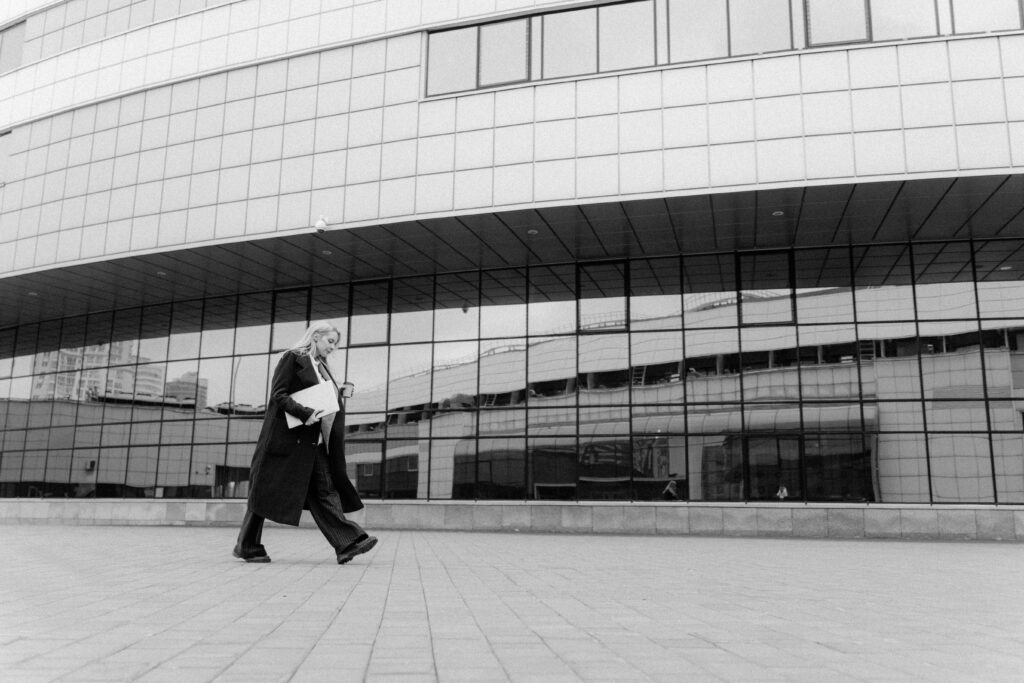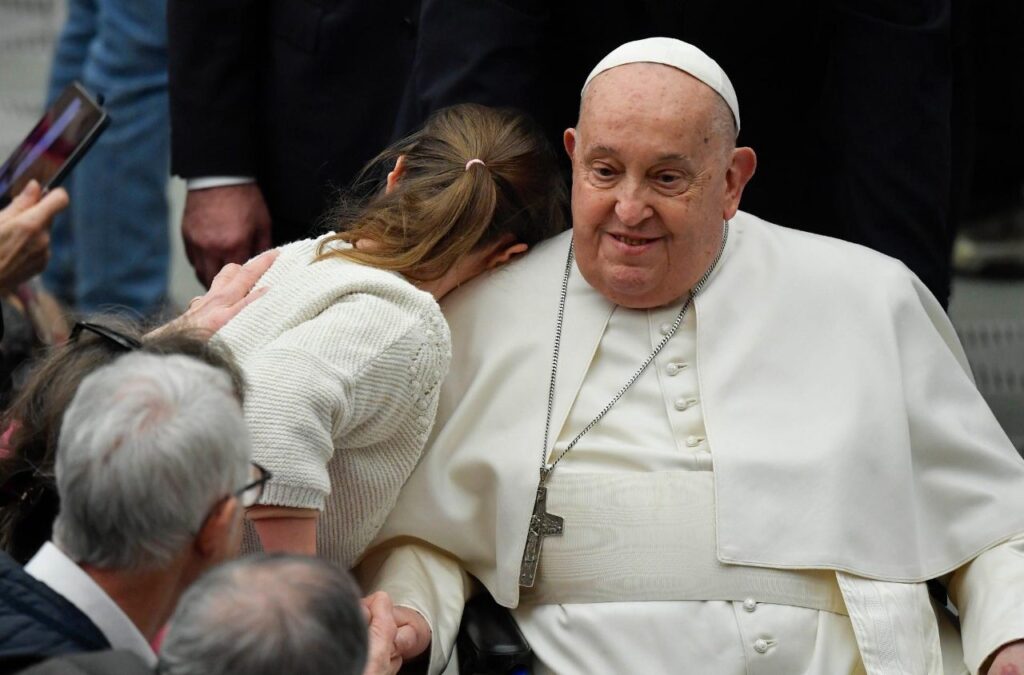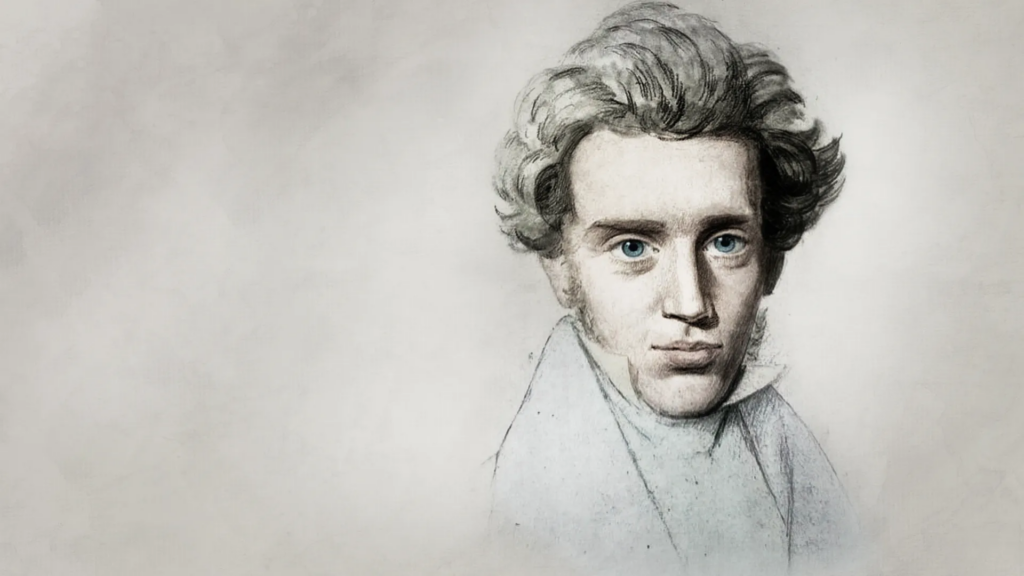Ethics of Property and Assets
From the Perspective of Faith

Agustín Ortega, with a Doctorate in Humanities and Theology, offers Exaudi’s readers this article entitled “Ethics of Property and Assets from the Perspective of Faith.”
* * *
Transmitting the Word of God, together with the Tradition, shaped by the Father and Doctors of the Church, such as Saint Thomas Aquinas, Vatican Council II teaches us that God “has destined the earth and all that it contains for the use of all men and peoples.” Consequently, created goods must reach all equitably, under the aegis of justice and charity. Regardless of the forms of property, adapted to the legitimate institutions of peoples, in keeping with the different and variable circumstances, this universal destiny of goods must never be out of sight. Therefore, when using them, man must not have exterior things that he legitimately possesses as exclusively his, but also as common, in the sense that they are not beneficial to him alone, but also to others. Moreover, the right to possess a part of goods sufficient for themselves and their families is a right that corresponds to all. This is the thinking of the Fathers and Doctors of the Church, who teach that men are obliged to help the poor and, certainly, not only with superfluous goods. One who is in a situation of extreme need has the right to take of another’s wealth what is necessary for him. The fact that there are so many oppressed people at present, given the hunger in the world, the sacred Council urges all, individuals and Authorities, to remember the Fathers’ phrase to feed those dying of hunger because, not to do so, in keeping with one’s possibilities and really offering one’s goods, is to kill them. Helping in the first place the poor, both individuals as well as peoples, to be able to help and develop themselves” (Gaudium et Spes, 69).
In this connection, following this whole Tradition with the Angelic Doctor (Summa Theologica II-II, 66-7) and the teachings of his predecessors, such as Saint John Paul II, Pope Francis affirms that the “Principle of the common use of created goods for all is the ‘first principle of the whole ethical-social order.’ It is a natural, original, and priority right. All other rights on necessary goods for persons’ integral fulfillment, including private property and any others, ‘must not hinder, but on the contrary facilitate their fulfillment, as Saint Paul VI said’ (Fratelli Tutti, 120). Therefore, as Saint John Paul II continues to say to us: “Christian Tradition has never held this right as absolute and untouchable. On the contrary, it has always held, in the broadest context of the common right of all to use the goods of the whole of Creation, that the right to private property is subordinated to the right to the common use, to the universal destiny of the goods” (Laborem Exercens, 14).
As Sacred Scripture and Tradition continue teaching with Saint Paul VI, “but if anyone has the world’s goods and sees his brother in need, yet closes his heart against him, how does God’s love abide in him? (1 John 3:17).”It’s well known with what firmness the Fathers of the Church have specified what attitude those that possess should have in relation to those who find themselves in need: “what you give to the poor is not part of your goods – says Saint Ambrose – what you give to the poor; what you give them belongs to them. Because you have appropriated what was given for the use of all. The earth was given for everyone, and not only for the rich, that is, private property is not an unconditional and absolute right for anyone. There is no reason to keep for one’s exclusive use more than what one needs when others are lacking the necessary. In a word, the right to property must never be exercised to the detriment of the common use, according to the traditional doctrine of the Fathers of the Church and of the great theologians” (. . . ) “Therefore, the common good sometimes exacts the expropriation of — because of its extension, of its deficiency or non-exploitation, of the misery that results from it for the population, of the considerable damage done to the country’s interests –, some possessions that are obstacles to collective prosperity. Affirming this clearly, Vatican Council II also recalled no less clearly, that disposable income is not something that is left to the free whim of men, and that egoistic speculations should be eliminated. Needless to say, it cannot be admitted that citizens equipped with abundant income, from national resources and activity, can transfer them in large part abroad for sole personal advantage without being concerned for the obvious harm that by doing so is inflicted on their homeland” (Populorum Progressio, 23-24).
Therefore, as Jesus’ Gospel states, together with the Tradition of the Church, the Holy Fathers, such as Saint Augustine, riches are unjust (Luke 14:9) either because you acquire them unjustly or because they themselves are injustice, as you have and others don’t have; you have in abundance and others live in misery . . . other goods that are superfluous to you, are necessary for others. The superfluous goods of the rich are necessary for the poor And whenever you possess something superfluous, you possess something that belongs to another” (Saint Augustine, Patrologia Latina 36 552). In this same sense, Saint Jerome says that “the rich are so by their own injustice or by inheriting goods that were unjustly acquired . . . , a wealthy man is a robber or heir of a robber” (Epistle to Hebidia, 121, 1) Pope Francis continues teaching that all this is “summarized by Saint John Chrysostom, when he says ‘not to share one’s goods with the poor is to rob them and take their life. The goods we have are not ours, but theirs,” or also in the words of Saint Gregory the Great: ‘when we give to the poor indispensable things we don’t give them our things, but we give back to them what is theirs . . . I make mine again and propose to all words of Saint John Paul II whose forcefulness has, perhaps, not be fully realized: God has given the earth to the whole of mankind so that it sustains all its inhabitants, without excluding anyone or privileging anyone” (Fratelli Tutti, 119).
Because, as Saint Basil shows, “tell me, what goods belong to you? To what degree are they an essential part of your life? The case of the rich is like that of a man who takes a seat in a theater and then is opposed to others coming in, thus usurping and appropriating for himself what is of common use. And it’s because the rich consider those goods they have acquired as theirs before that of others, by the sole fact of having been the first to get them. If each one took only what is necessary for his sustenance, leaving the superfluous for those in indigence, there would be no rich or poor. You have become an exploiter by appropriating the goods that you received to administer them. The bread you keep for yourself belongs to the hungry, to the naked, the clothes you have in your closet, to the barefoot, the moth-eaten shoes you have at home; to the needy the money you hide in your coffers. So, then, you commit as many injustices as the men you could have helped” (Patrologia Graeca 31 276).
In the same line, John Chrysostom concludes, where do their riches come from? From whom have they received them? ‘From my grandparents through my father.’ Well, are they able to go back through the family and demonstrate that what they possess they have justly? They are not able. Why? Because in the beginning God did not make one rich and the other poor, neither did He give one large gold deposits, depriving another of this find. So, sir, God gave all the same earth” (Patrologia Graeca 62 562).
Translation by Virginia M. Forrester
Related

Reversing Social Deterioration: A Task That Begins in Business Management
Alejandro Fontana
25 April, 2025
4 min

The Revolution of Tenderness
María Elizabeth de los Ríos
25 April, 2025
3 min

His Hope Does Not Die!
Mario J. Paredes
24 April, 2025
6 min

The Religious Writer with a Fighting Heart
Francisco Bobadilla
24 April, 2025
4 min
 (EN)
(EN)
 (ES)
(ES)
 (IT)
(IT)

